Advertisement
Boston officials look to revive Long Island as hub for addiction services, homeless care
Resume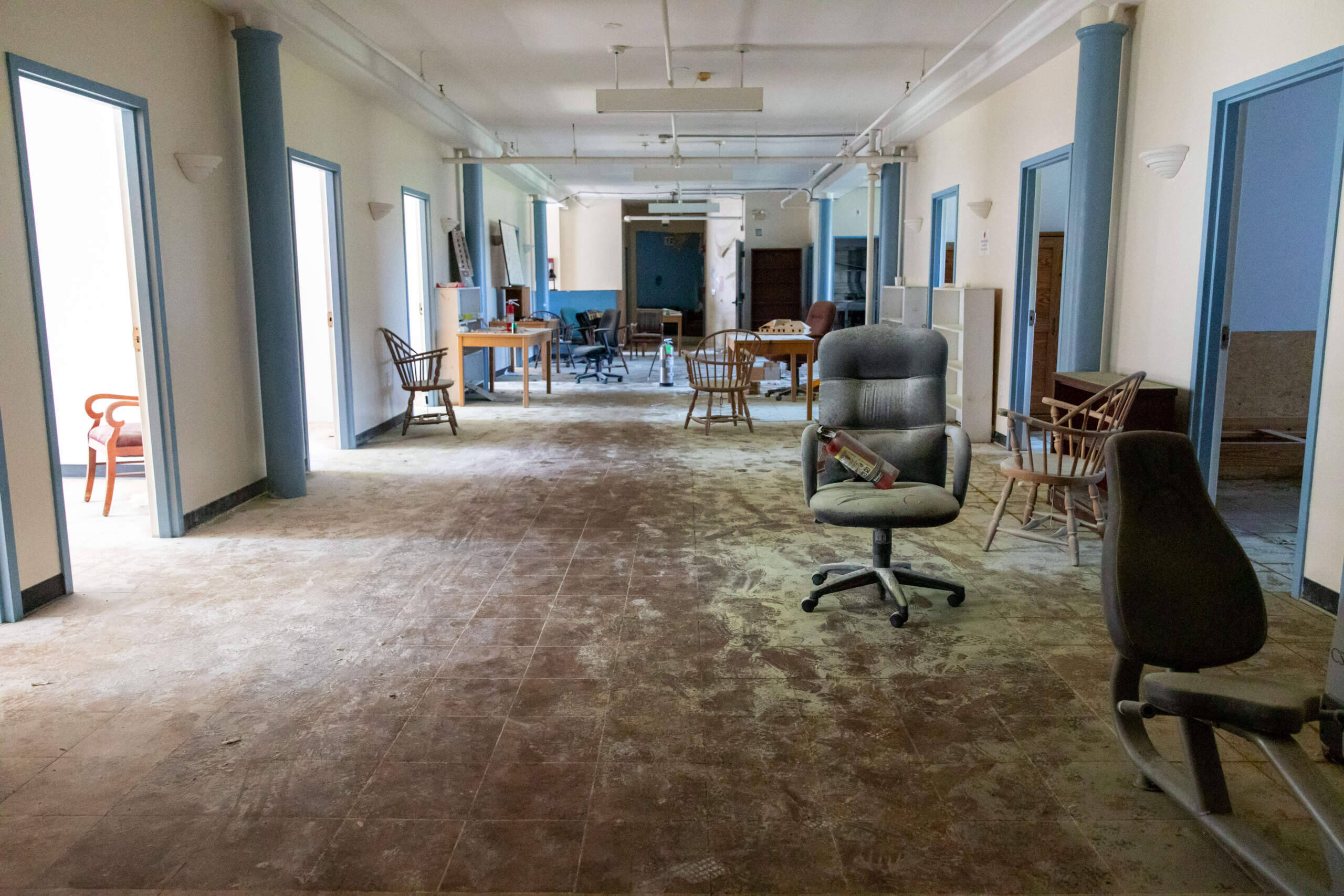
They've sat vacant for nine years on an island in Boston Harbor — more than a dozen buildings that once housed critical social service programs for people facing addiction and homelessness. Now city officials, led by Mayor Michelle Wu, are looking to restore the island's services as Boston grapples with the ongoing addiction crisis.
City officials and health care professionals on Wednesday toured the now-dilapidated facilities on Long Island, a 15-minute ferry ride from downtown Boston. The buildings were abandoned abruptly in 2014, when the bridge to the island was shut down because it was deemed unsafe.
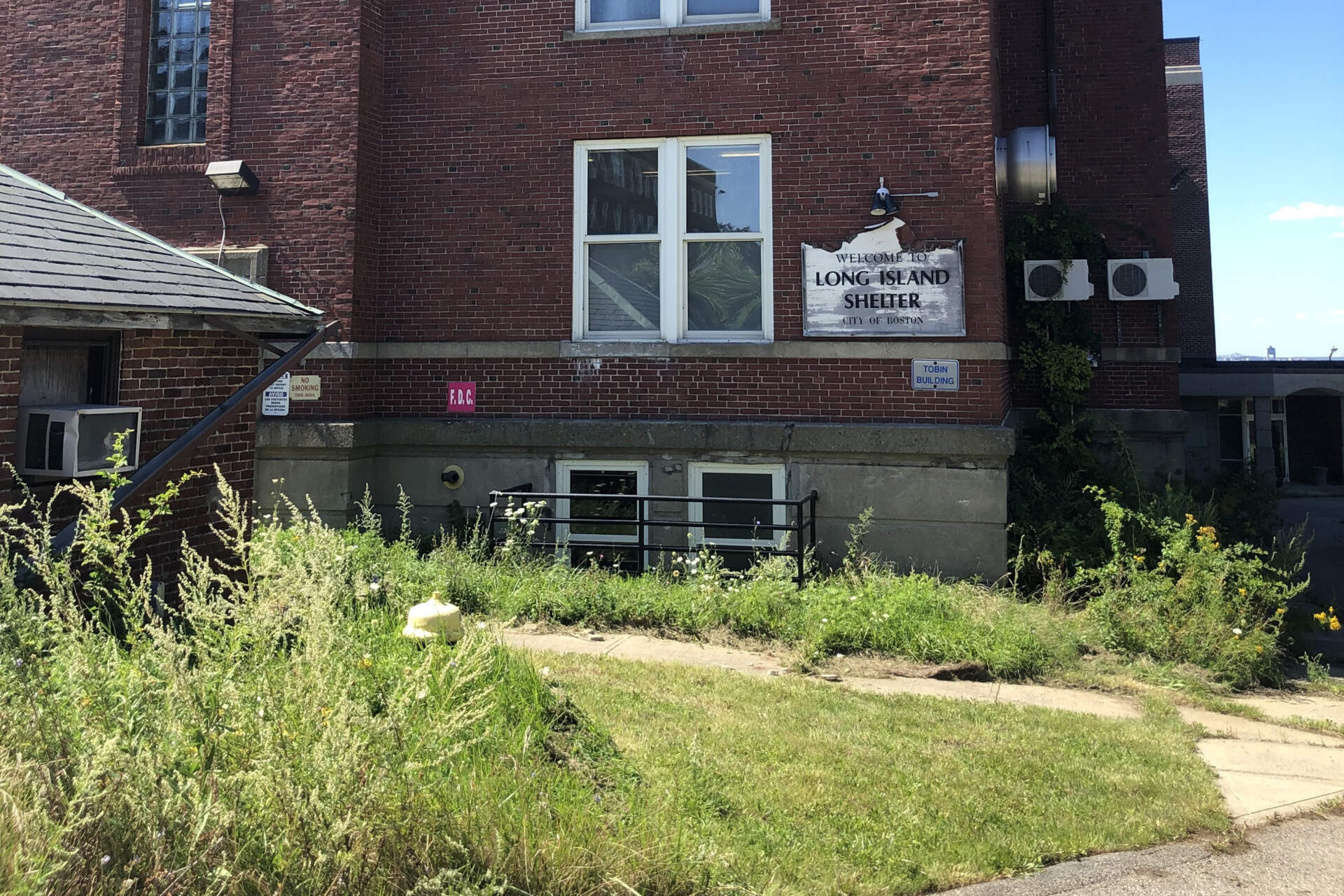
After receiving a key state permit this month to rebuild the bridge, the mayor's office arranged this week's visit to tout the city's plans to renovate many of the Long Island buildings. Wu wants to create a "regional public health campus" that would offer addiction and mental health treatment, housing and vocational training. She expects the bridge to be rebuilt and some services to be operational in four years.
"It's a moment of great momentum and excitement and gratitude," Wu said after the tour. "And now we're looking very concretely at a resource that will be available hopefully in a four-year time span."
The Boston Public Health Commission oversees a 35-acre site on the island, which spans more than 200 acres. The city plans to renovate 11 of the buildings within that site and has budgeted $38 million to start repairing the decrepit structures.
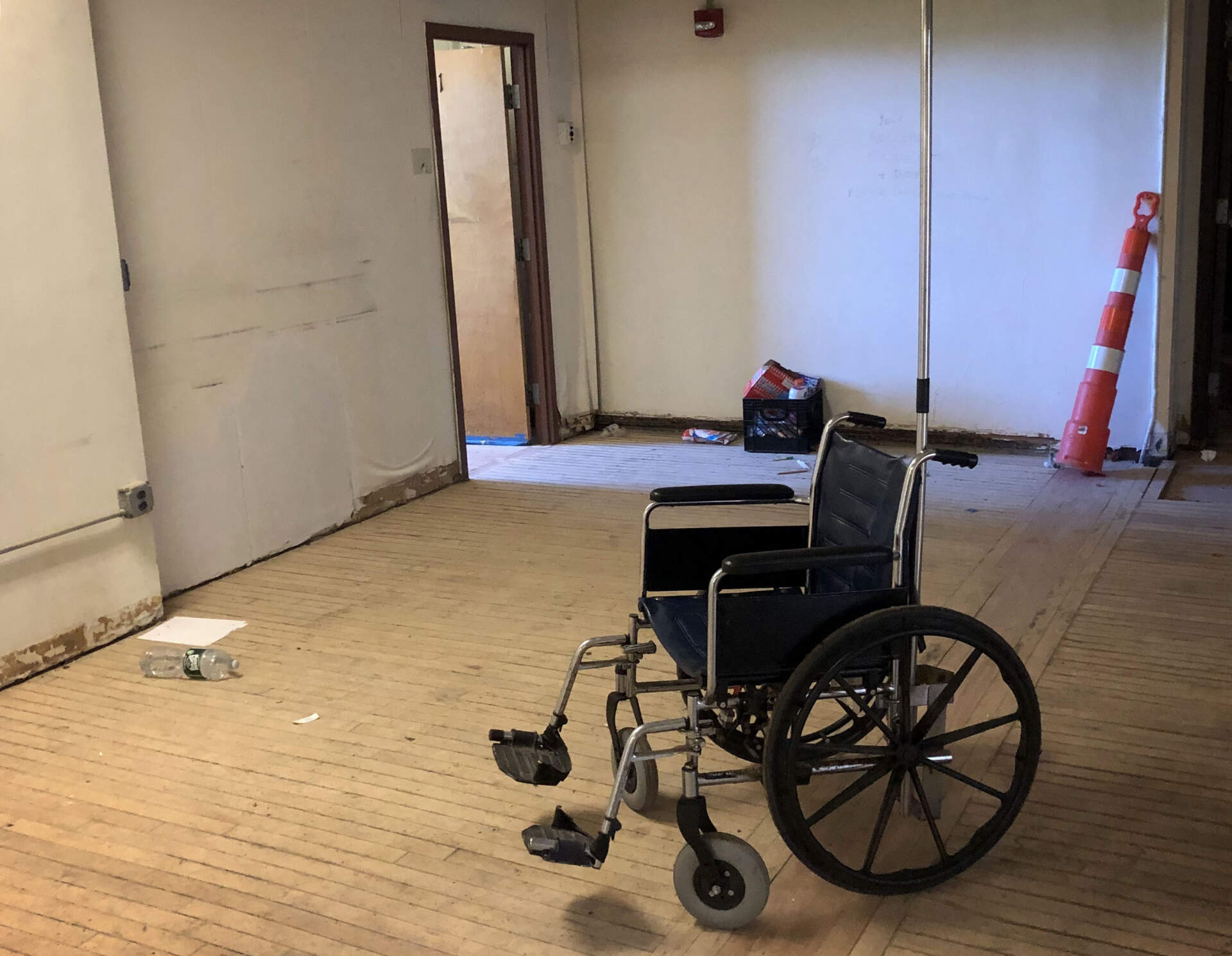
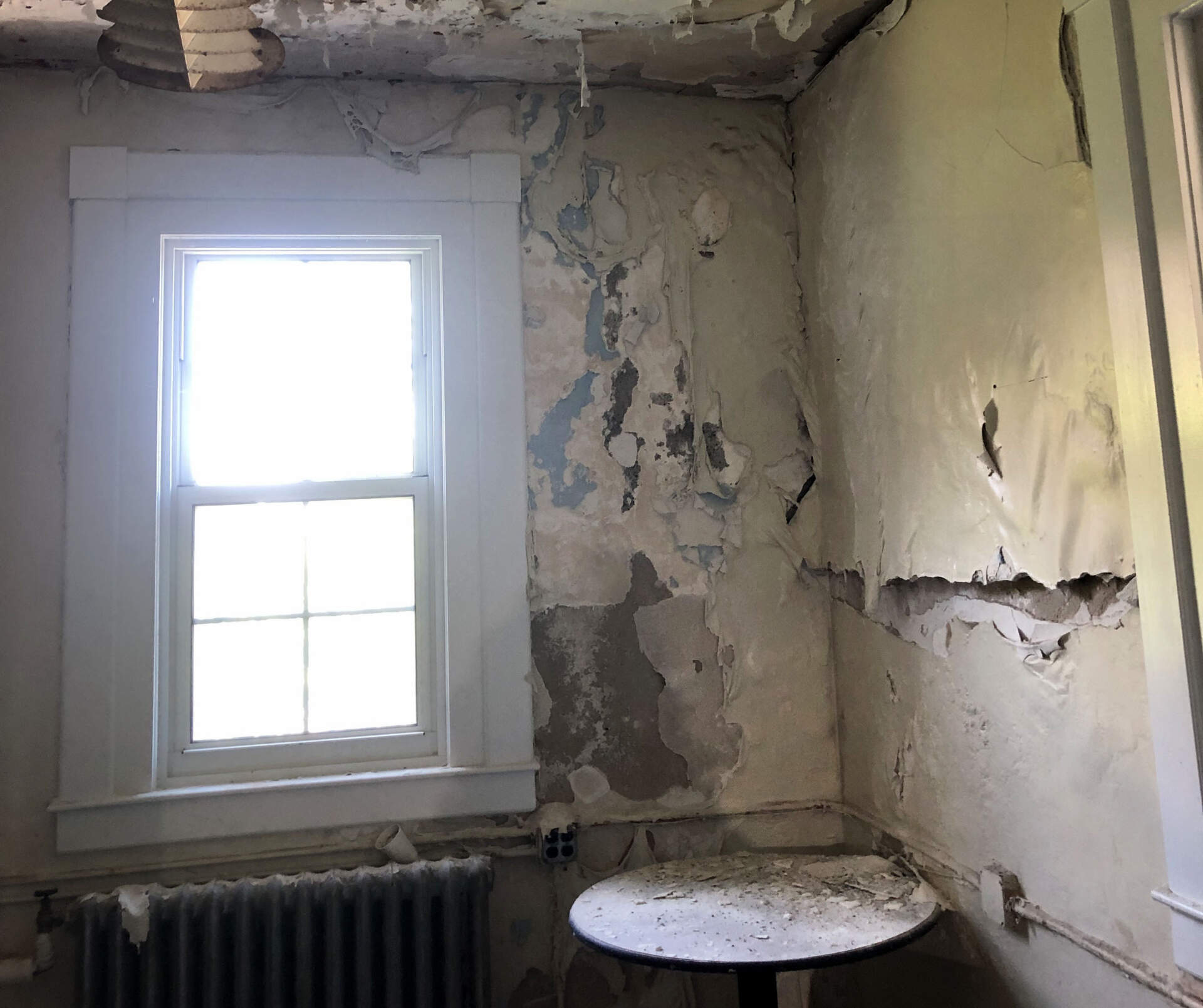
Inside, the buildings are in an eerie state of disrepair. Water damage is apparent, giving off a pervasive musty smell. There are fallen ceiling pieces and debris covering the floors, and paint peeling off walls and ceilings.
And there's faded evidence of the activity that once hummed here: An old pool table in a former recreation room was covered in dust and rubble. Lists of phone numbers of treatment providers were still taped to the walls. Papers and bed linens lay crumpled across the floors. Large jars of grape jelly were strewn about one room. An old wheelchair sat in the middle of a hallway.
Outside, the grounds are covered in overgrown weeds; there's broken glass, graffiti and many boarded up windows — and sweeping views of Boston and the harbor.
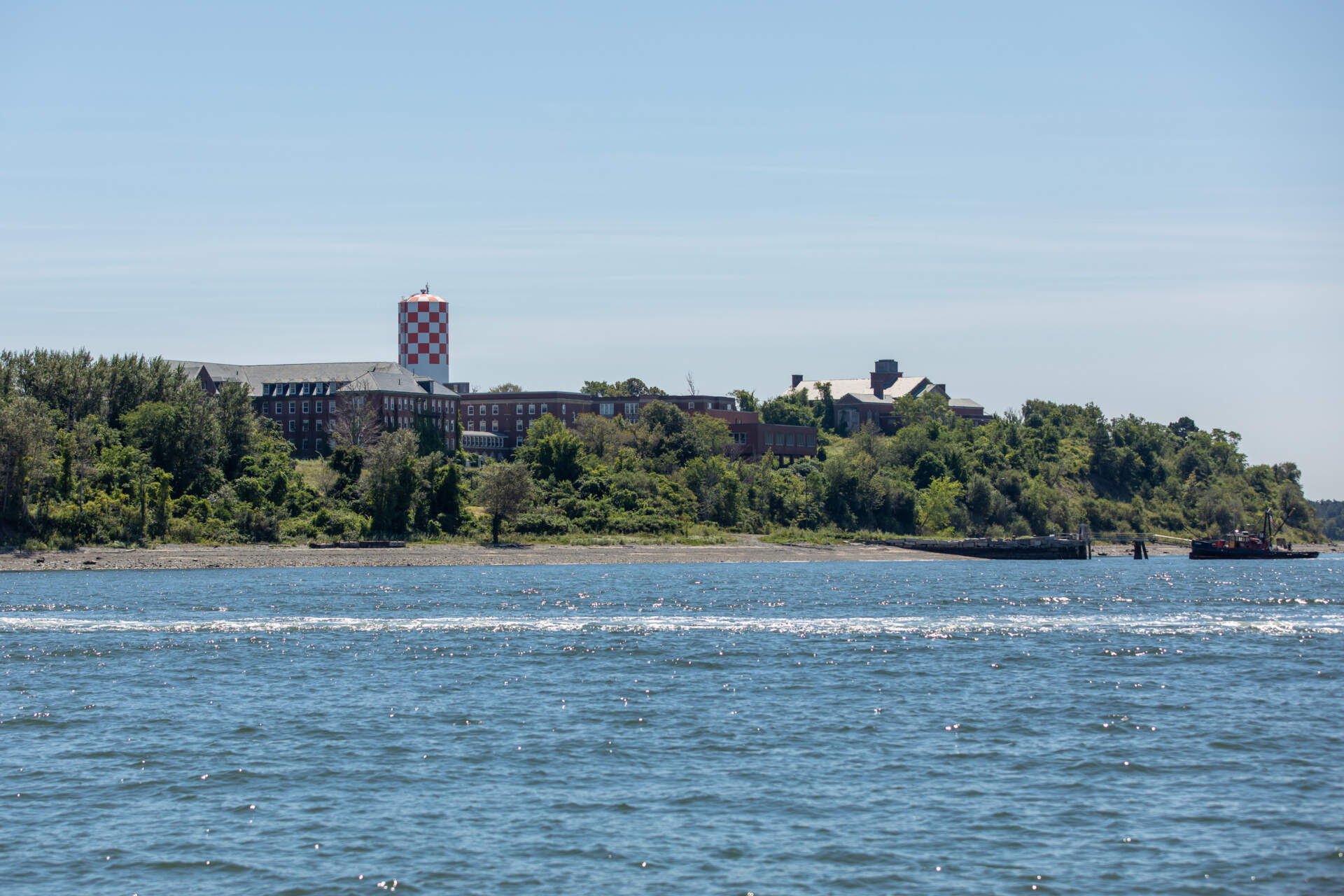
"It was important for the provider organizations to see this and to begin to reimagine what the campus would look like going forward," Boston Public Health Commissioner Dr. Bisola Ojikutu said. " It's important also to remind ourselves just how critical of a resource this was and how much of an asset this was for the city of Boston, as well as for the state and for the region. And we're seeing the brunt of not having it available."
The push for a Long Island campus comes as the city is struggling with rising violence and more people living in tents near the intersection of Massachusetts Avenue and Melnea Cass Boulevard, referred to as "Mass and Cass." Some providers have pulled their outreach workers from the area due to safety concerns, only blocks from one of the wealthiest neighborhoods in the city.
Mayor Wu has promised to outline a "new strategy" to deal with the encampments there. Wu had them cleared from the streets in January of 2022, shortly after she took office, but people have been slowing returning to the drug-infested area. She is expected to outline her new strategy as soon as Friday morning and is considering giving police more explicit authority to remove tents.
When the programs on Long island were shuttered in 2014, there were more than 200 beds for addiction and mental health treatment and more than 400 shelter beds for those who were homeless. Dr. Ojikutu said the city is still working with providers to determine the services to be offered on the new campus. She said she expects they will be coordinated with existing programs and offer a continuum of care for people with addiction and mental health challenges.
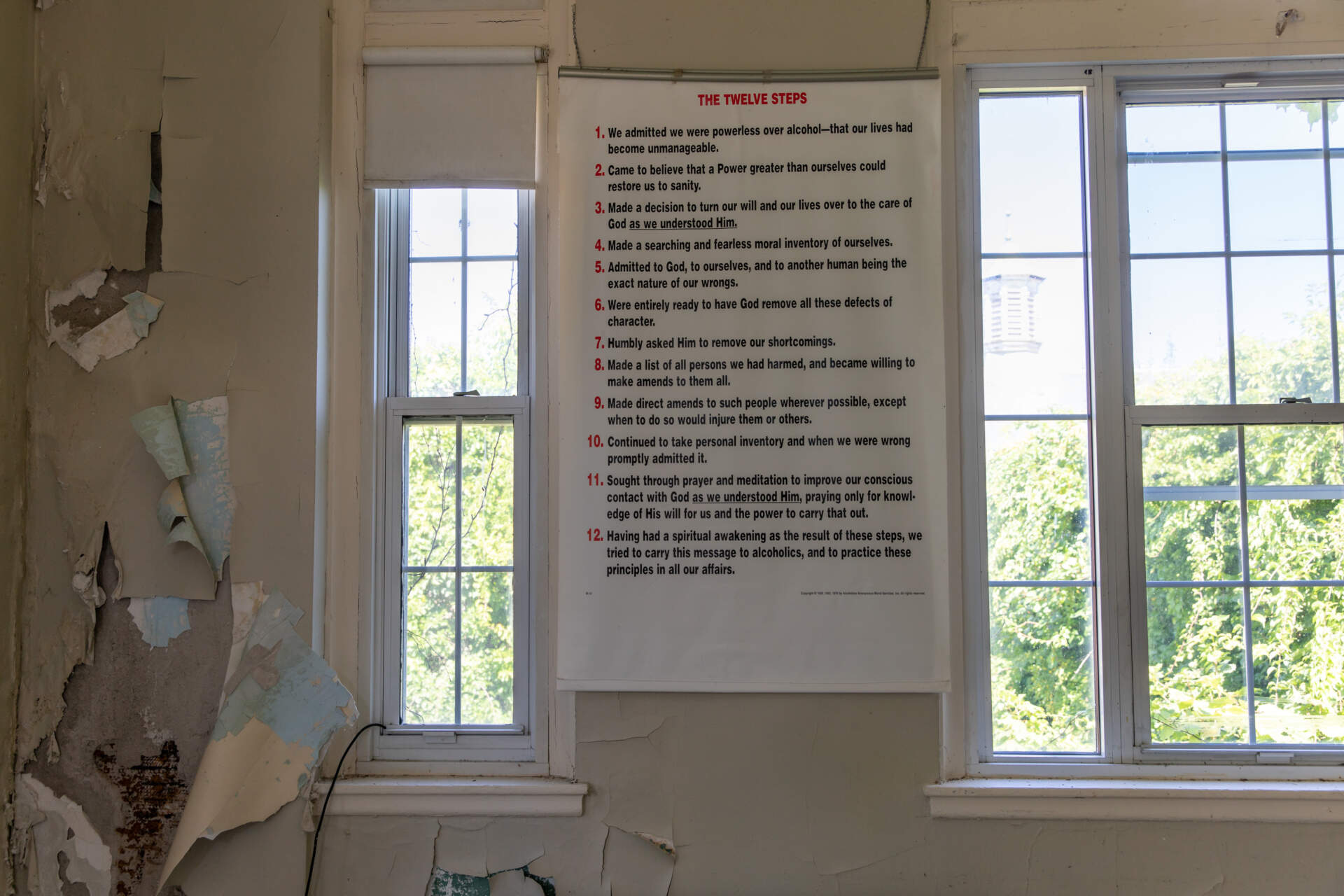
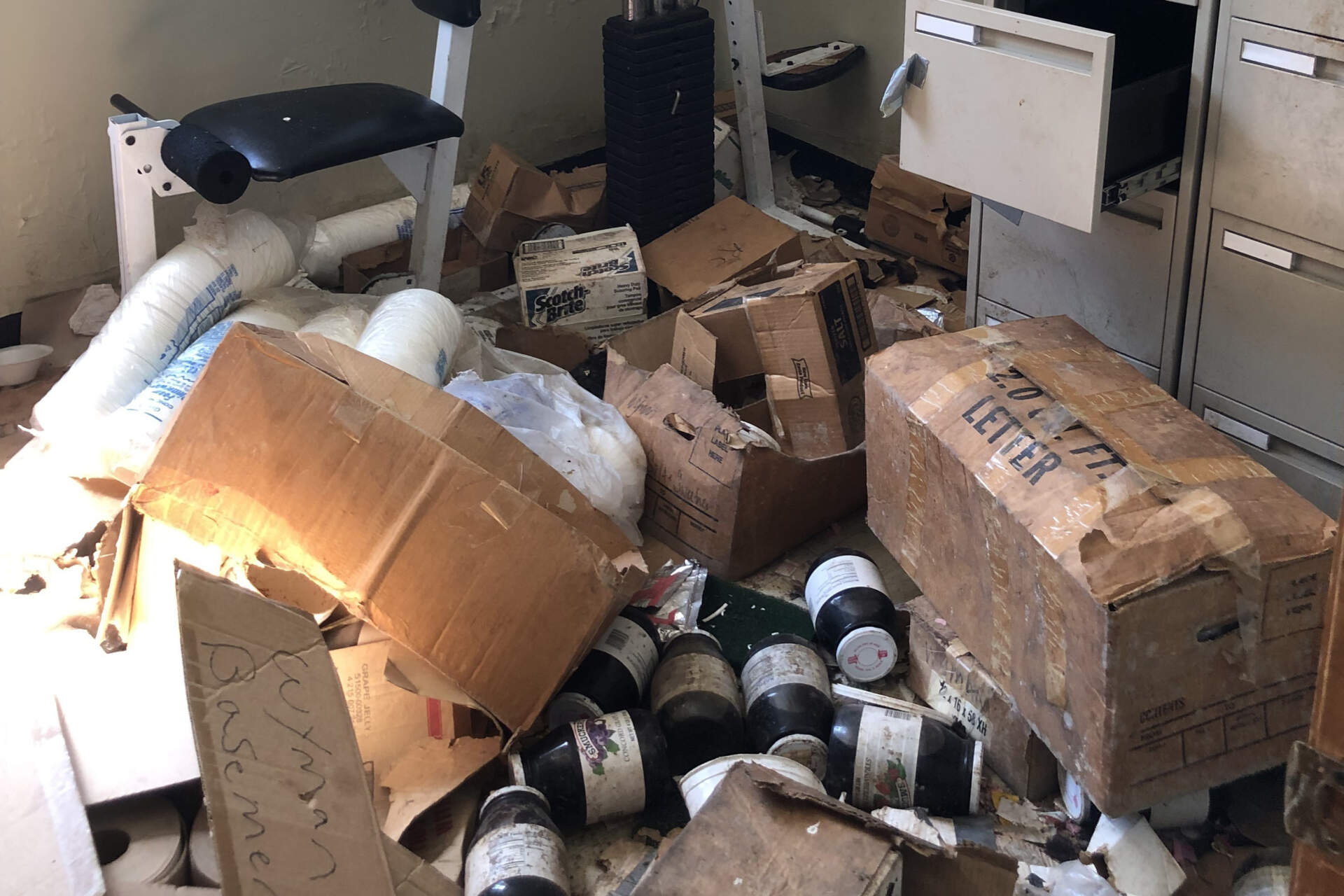
"What we're looking for is to create something that's truly synergistic with what is available on the mainland," Dr. Ojikutu said. The city has learned a lot since the island was shut down, she said, "and we want to implement and scale up a lot of what we know is better and different now, so that people have the best access to services going forward."
Among the providers on Wednesday's tour were representatives from Victory Programs, Volunteers of America, MGH-Brigham, the Gavin Foundation, Boston Medical Center, St. Francis House, Boston Health Care for the Homeless Program and Bay Cove Human Services. Many of the representatives of those groups said they're eager to work with the city on creating new services on Long Island.
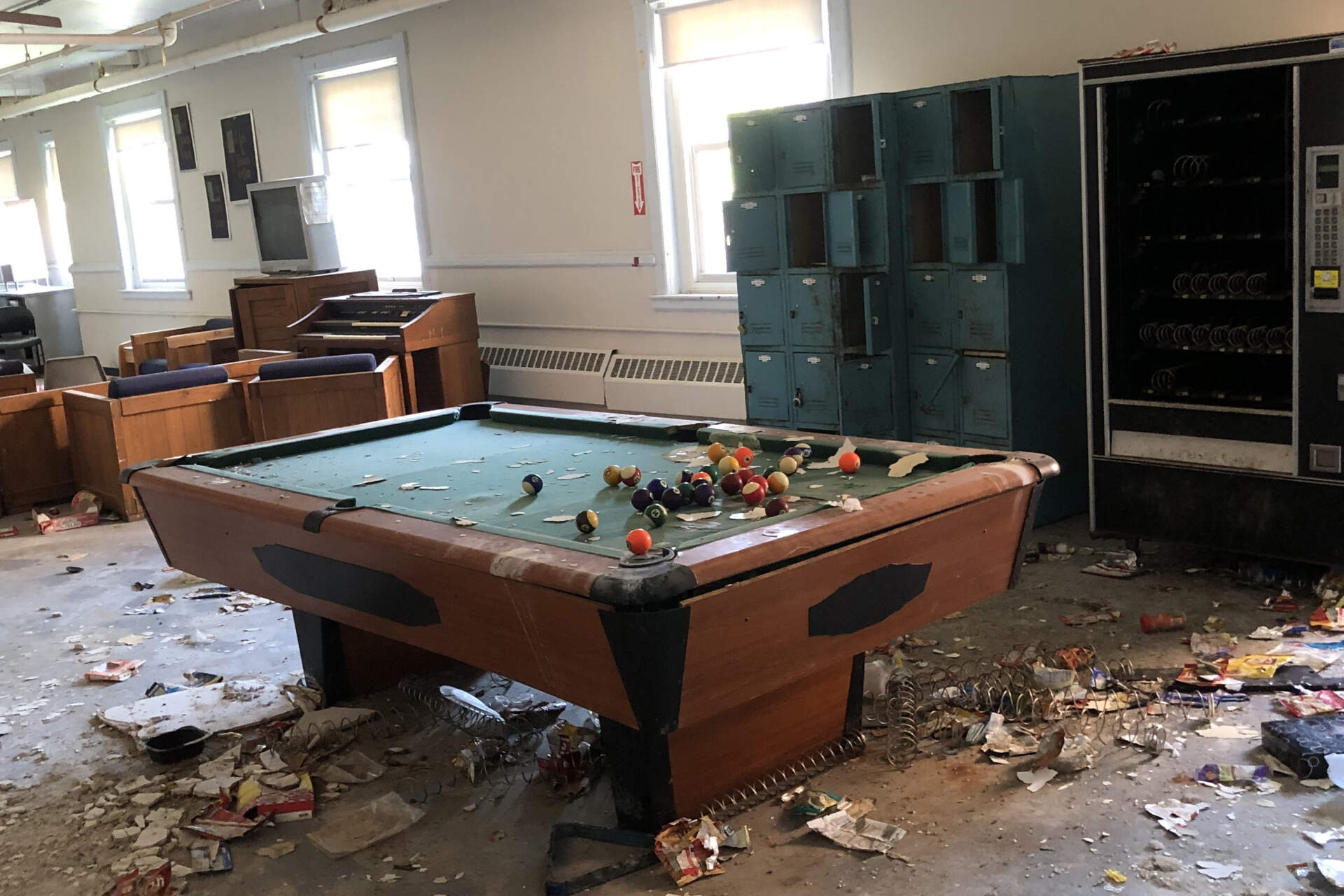
Bay Cove chief executive Lou Josephson said he would like to see the campus up-and-running faster than the city's four-year timeline, to take advantage of what he called "a generational opportunity."
"We'd love it in a year, but the reality is it's a big campus and it's an old campus," Josephson said. " We're going to work hard as heck to get it done as fast as possible."
Sarah Porter, executive director of Victory Programs, recalled the day the bridge closed and the scramble to help patients who'd been receiving services there. She said some of those patients have "lost the fight." But new programs on the island will help more people stabilize and enter recovery.
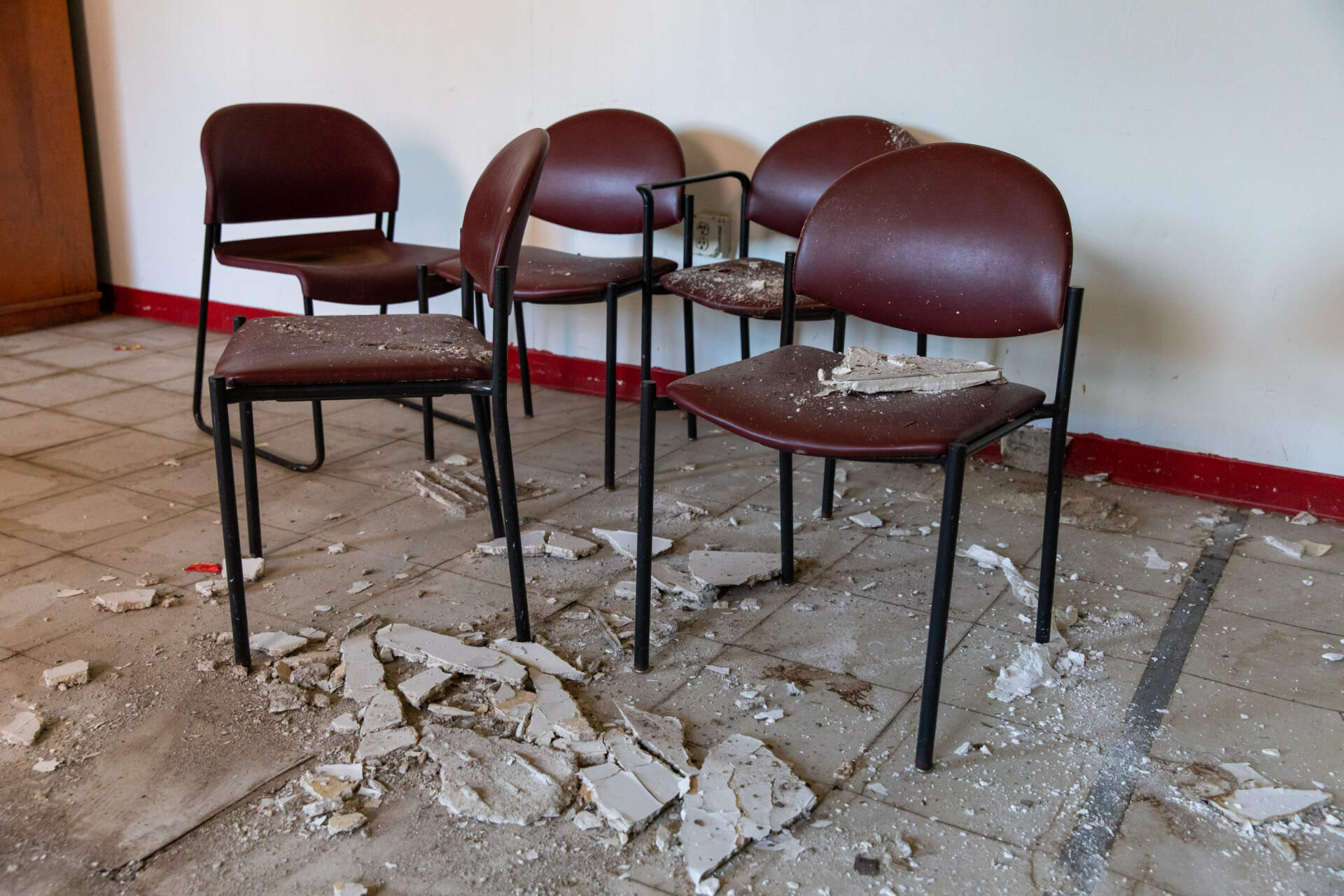
"I think I speak for many of us when I say the more, the better," Porter said. "Let's go. Let's bring Long Island back."
Two permits for the bridge are still needed from the Massachusetts Office of Coastal Zone Management and the U.S. Coast Guard. City officials say they expect to secure those permits this year.
The city of Quincy has opposed efforts to rebuild the Long Island bridge and the legal battle is expected to continue. Quincy officials have said they plan to appeal the state permit Boston recently received. To access the bridge, vehicles would have to pass through a residential area of Quincy.
The Nipmuc Tribe also has expressed concerns about how the city's work on Long Island might affect historic sites there. City officials say they are meeting with representatives of the tribe to discuss those concerns.
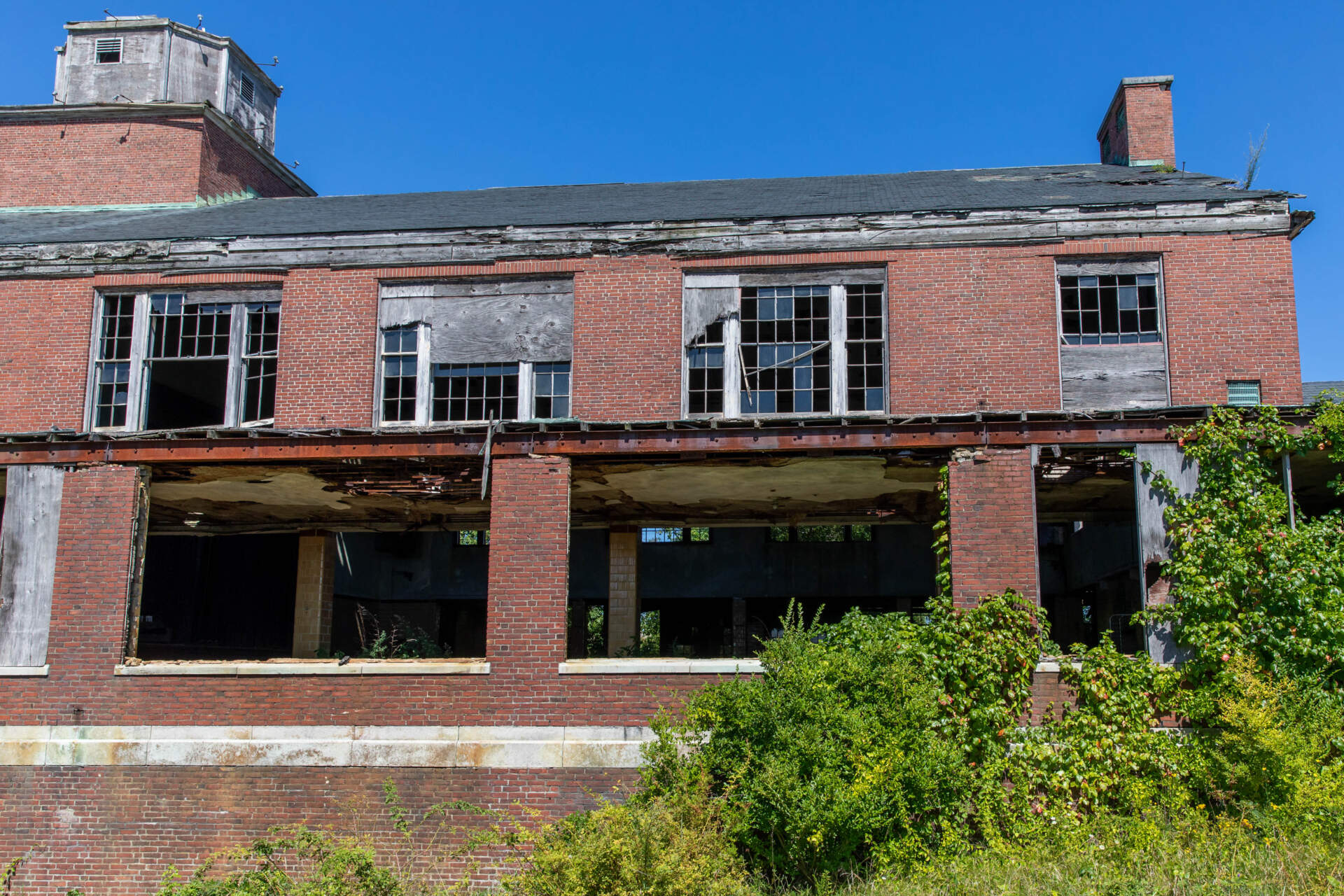
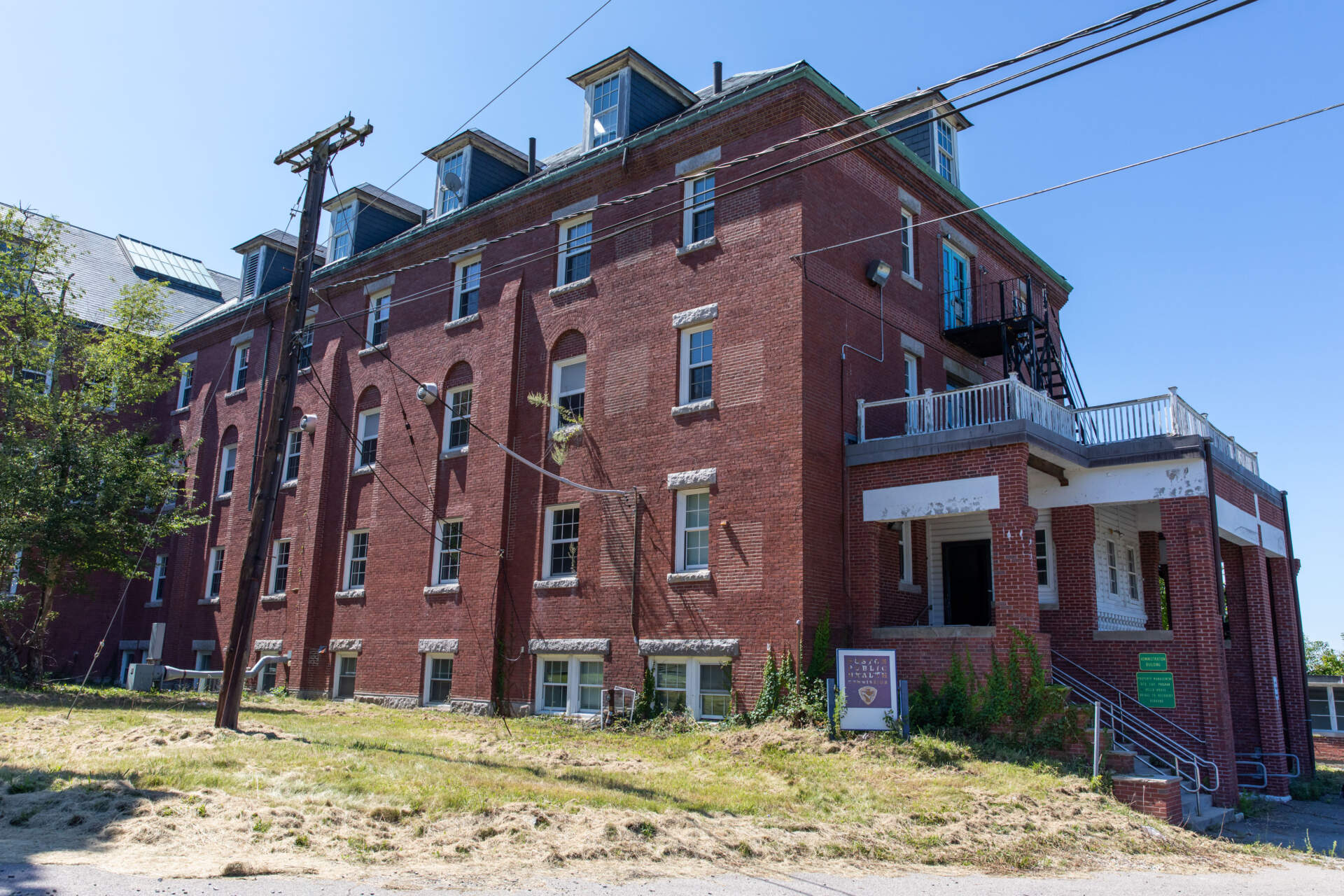
This segment aired on August 24, 2023.
